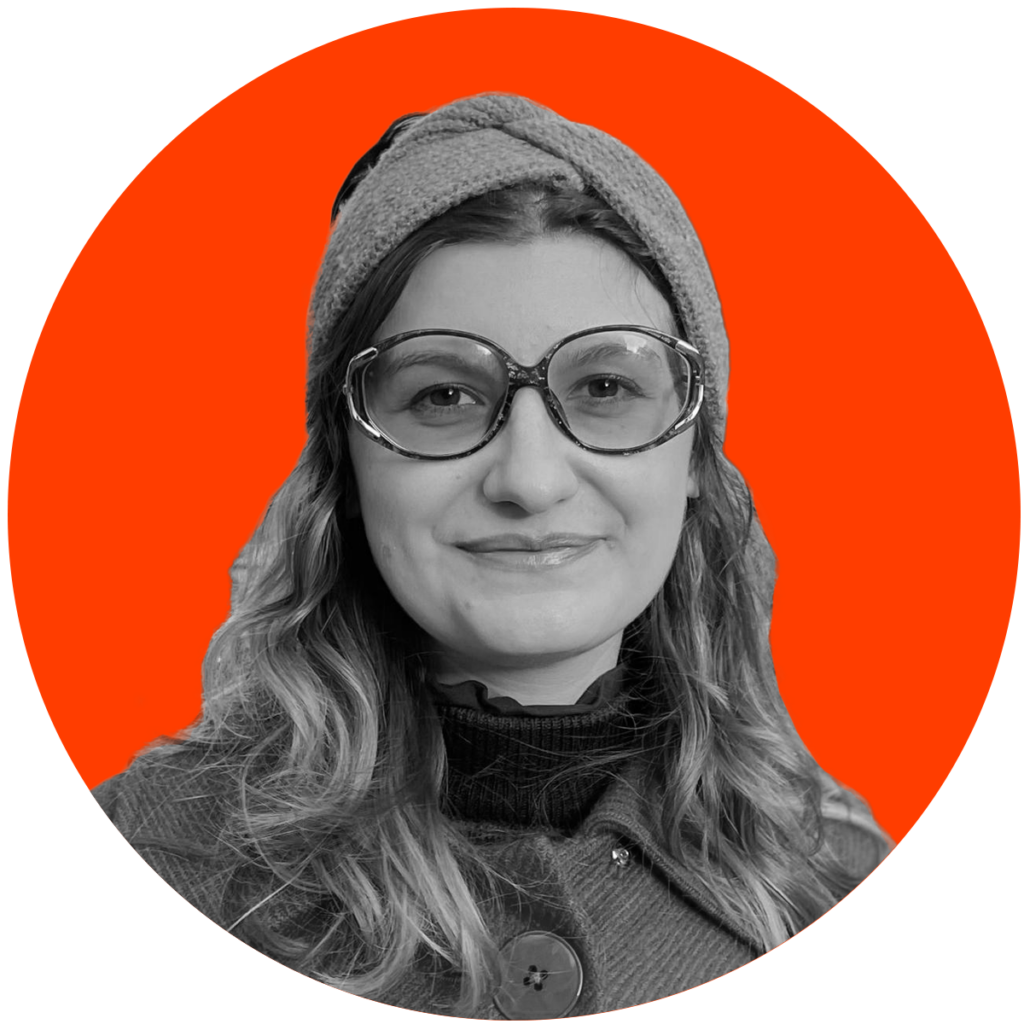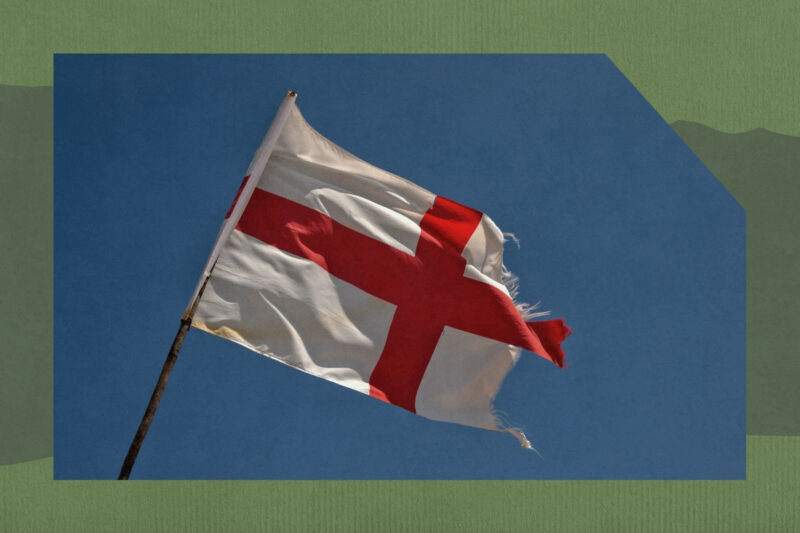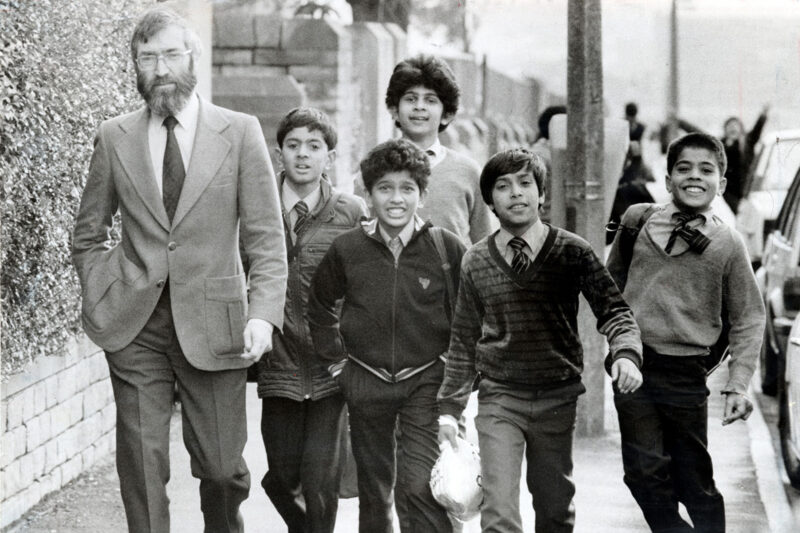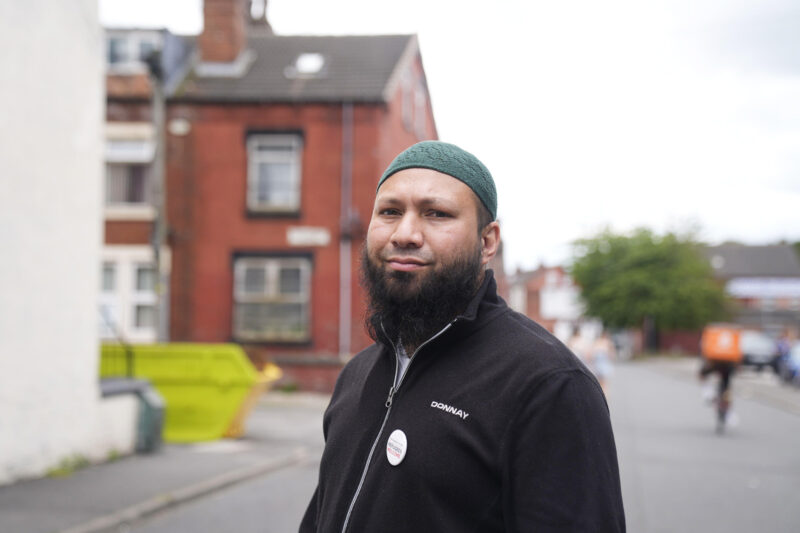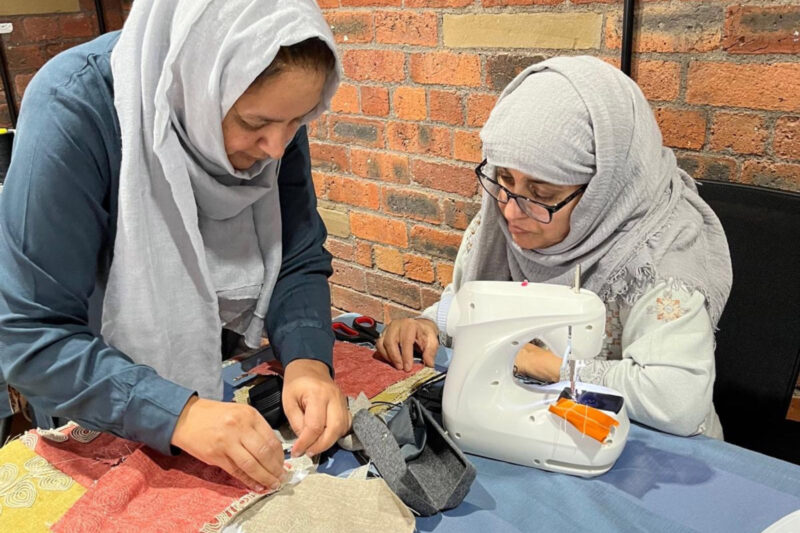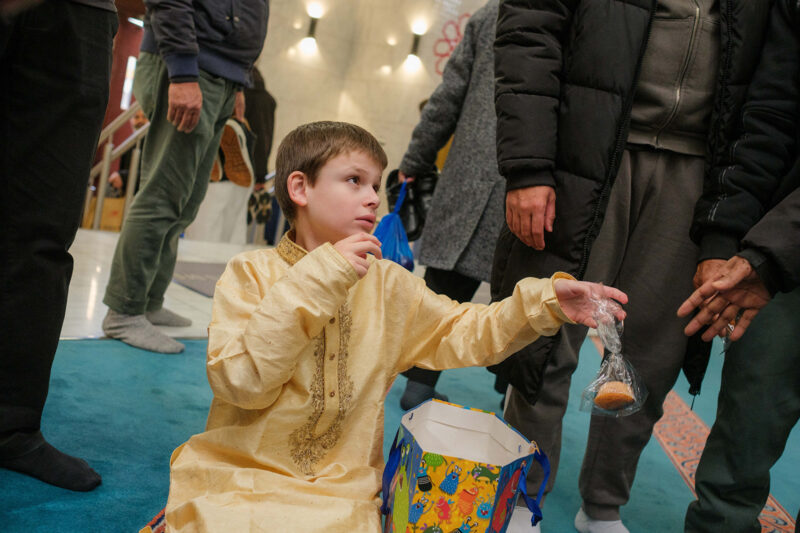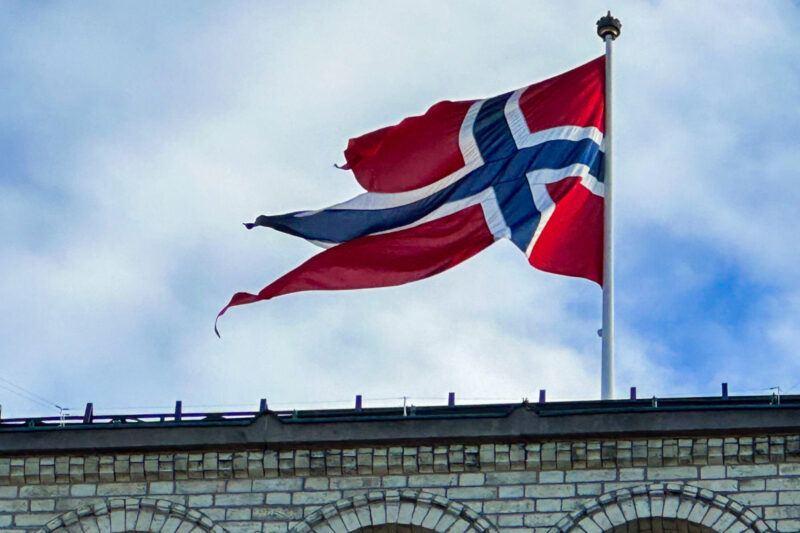‘I don’t know them — they just come’: strangers unite to defend town’s mosque
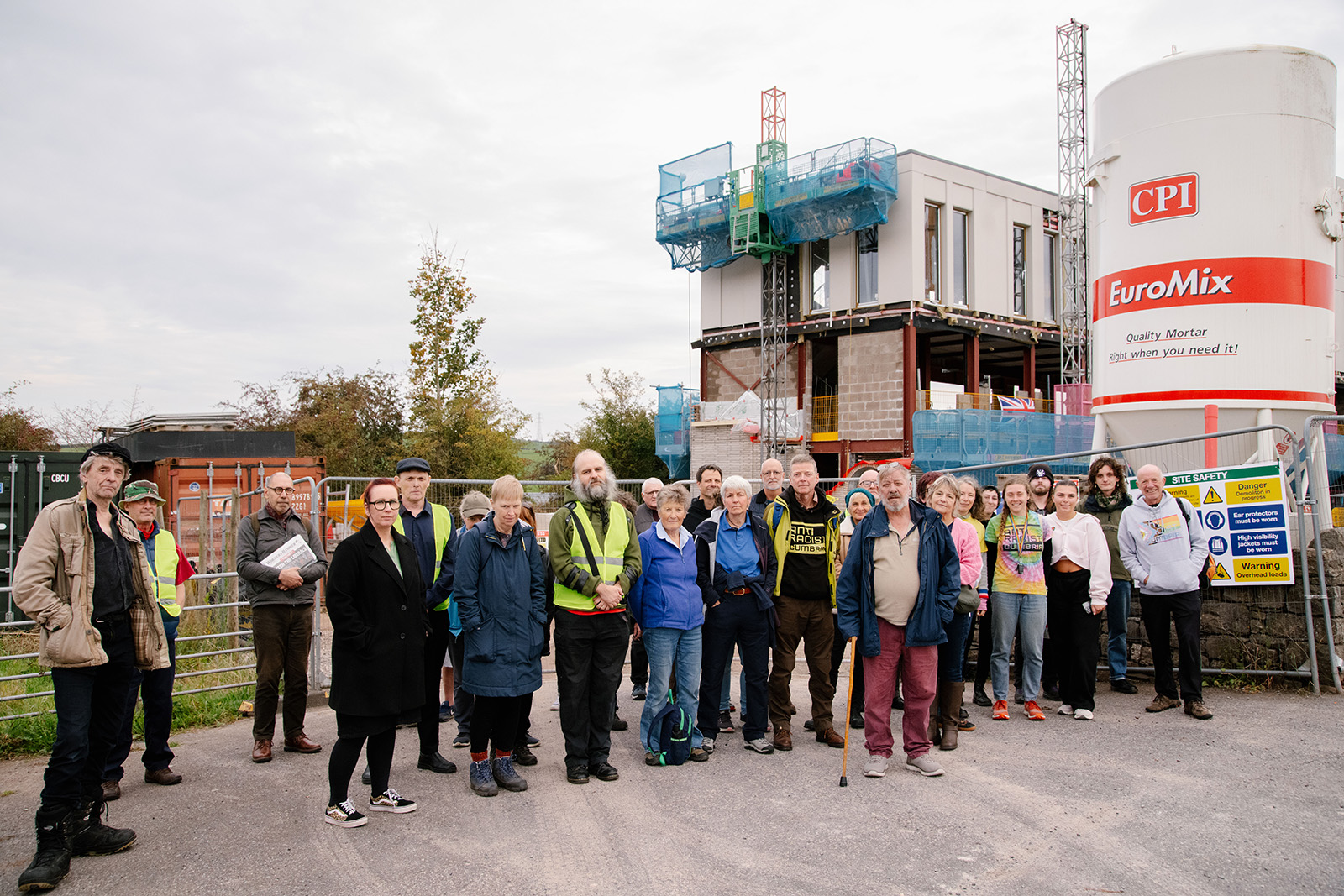
Plans to build an Islamic centre in Dalton-in-Furness have attracted the ire of Ukip leader Nick Tenconi. But neighbours are having none of it
After graduating from Lancaster university with an engineering degree, Aban Hussain found himself in Dalton-in-Furness. It is a small town on the Furness peninsula, the southernmost tip of Cumbria, flanked by Morecambe Bay to the east and Duddon Valley to the west.
“I moved because it’s where there was engineering work,” he said, having now lived in the area for 17 years. “I had to drag my wife here, who was a junior doctor at the time, from Leicester. I was worried she wouldn’t like it, but she loves it — we both do.”
There is, however, one thing the pair miss about their previous city life: a mosque.
Cumbria is home to one of England’s smallest Muslim communities. According to the 2021 census, about 0.5% of Cumbrians are Muslim. Currently, there are three mosques in the entire county, two in former terraced houses in Carlisle and Whitehaven and one at the back of a tandoori restaurant in Penrith. All are more than an hour’s drive north of Furness.
“In Dalton on Fridays, the doctors pray at the hospital, because it actually has a prayer room,” Hussain said. “I and a few others rent out a hall at the cricket stadium and then the people who work in the city centre pray above a barber shop.”
During Ramadan, when crowds are a little larger, things get more tricky. “We rent out a function room at the community centre,” said Hussain, “but sometimes it gets double booked. Once we turned up and there was a yoga class going on.”
He hopes that next Ramadan he and the other Muslim families in the Furness area — a total of about 100 people, he says — will be able to pray in Cumbria’s first purpose-built mosque. Hussain, along with a group of other local Muslims, most working in healthcare, have been planning and fundraising for the South Lakes Islamic Centre for more than five years and the project is finally nearing completion.
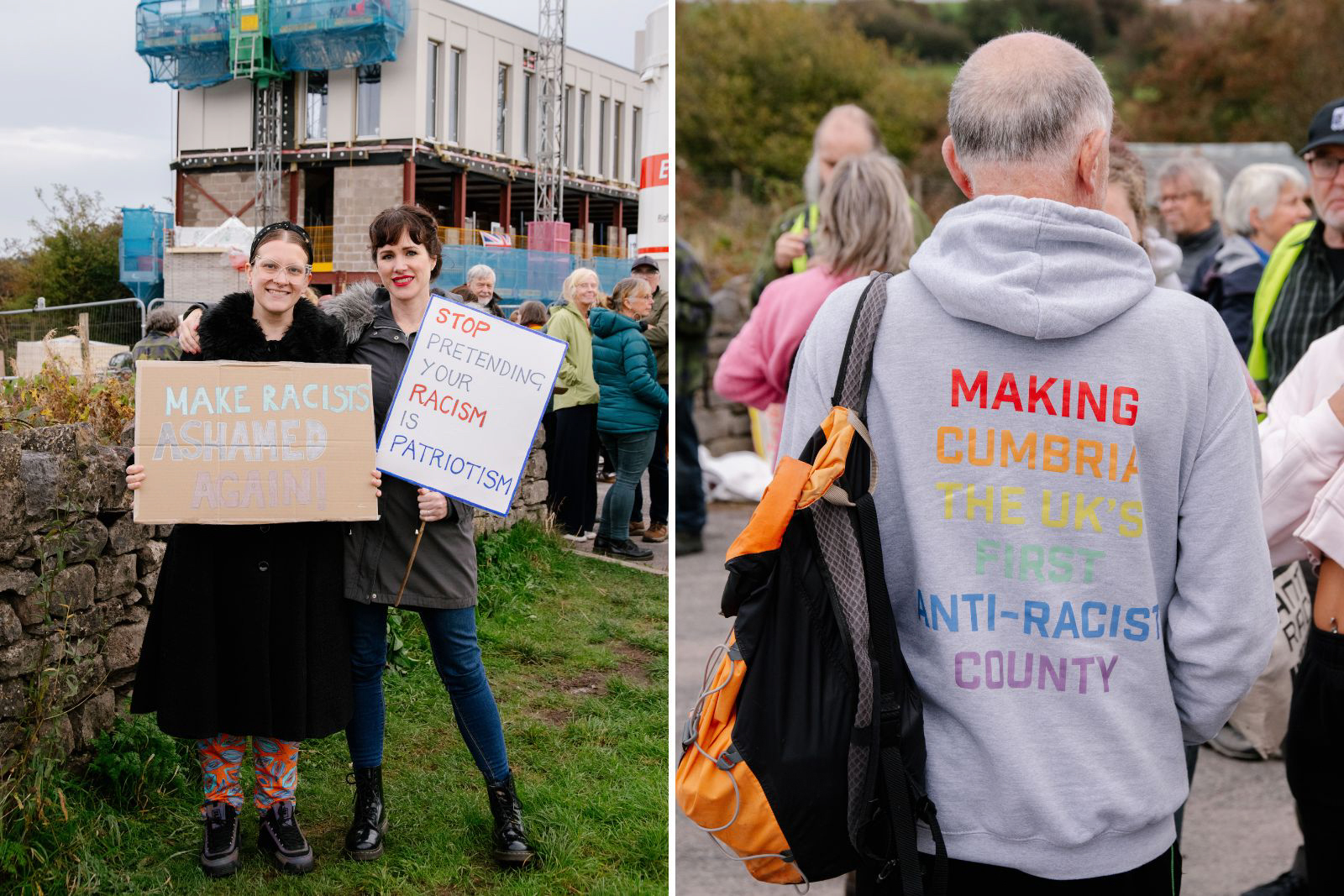
Britain First appears to have other ideas. The far-right party, which had been waging a paper war against the mosque plans since 2019, picketed the building site in April, and a string of protests have taken place since. Sporadic at first, they were boosted by the involvement of Nick Tenconi, who became leader of Nigel Farage’s former party Ukip earlier this year.
A video of Tenconi heckling builders working on the site in June, uploaded to YouTube, has been viewed 56,000 times.
“Right, boys, listen up. You have sold your soul. You have sold Britain for 30 pieces of silver,” he began shouting through a megaphone, before his voice was drowned out by the noise of a metal cutter.
Hussain, though, doesn’t believe the protests are representative of the people of Dalton.
“When we started the project, we actually received a lot of local support. Since the protests started we’ve had a lot of encouragement as well,” Hussain said. “People write us very thoughtful emails. Most of the schools in the area have contacted us with support. We have heard from Christian organisations as well. Quakers have been very involved.”
Hussain said he feels particularly reassured by those who have organised counter-protests each time the anti-mosque campaigners have assembled. Most are not Muslim.
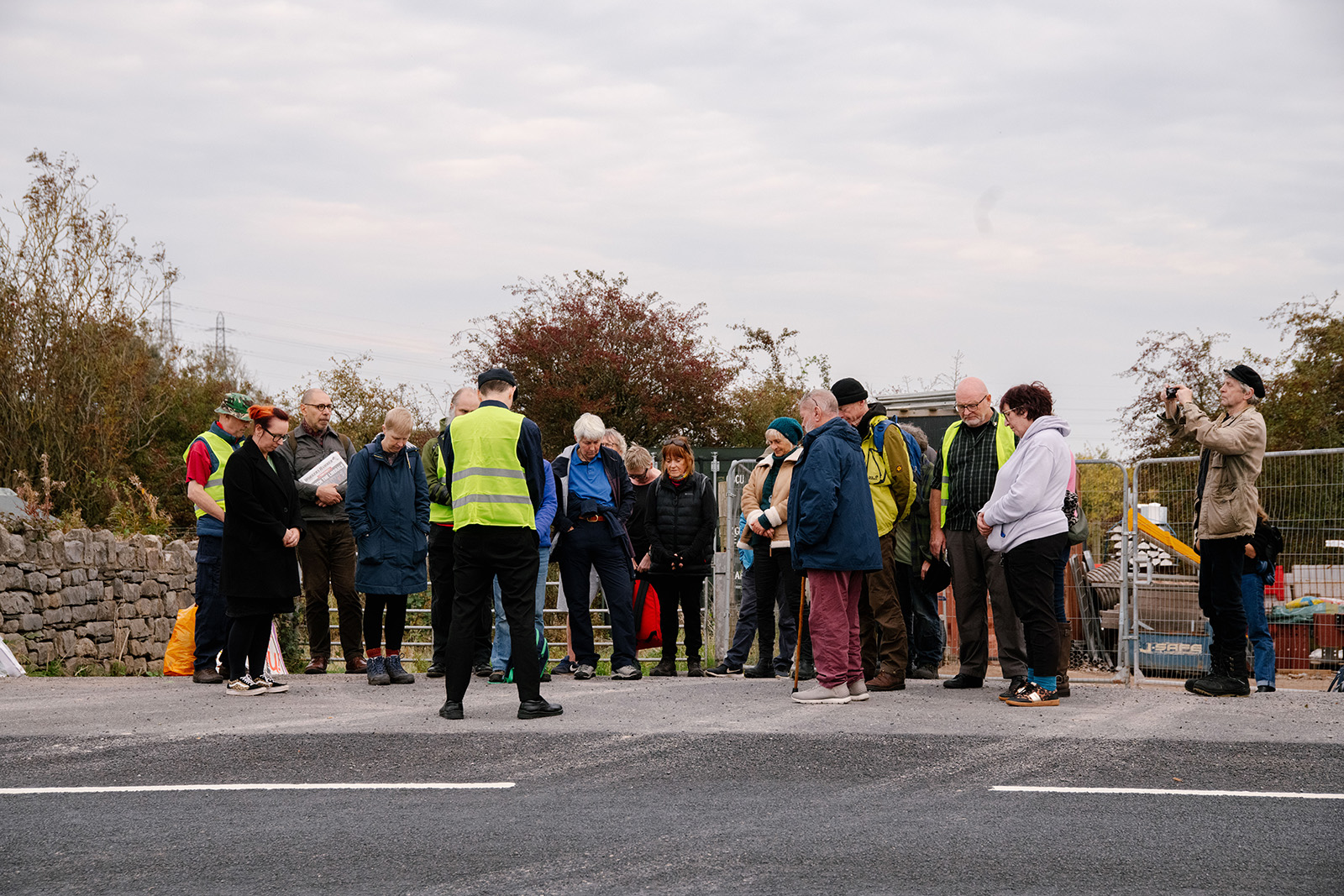
“We usually get 60 to 70 people coming to our counter-demos,” said organiser Paul Jenkins, from the neighbouring town of Barrow-in-Furness. “The vast majority of us are from the Furness area. We think that’s important because the people protesting the Muslim centre have been trying to say they speak for everyone in Dalton and everyone in Furness and they certainly do not.”
“All these people turn up,” said Hussain of the counterprotesters. “I don’t know them, I didn’t invite them — they just come out of their own goodness. They just come every month and they show support. They don’t expect anything from me.”
Ceri Hutton, a non-profit consultant from the Furness area, has attended every counter protest outside the mosque. “If they started building two or three years ago, I don’t think anyone would be bothered. There would be no protests,” she said. “This is happening because of the way the rhetoric in the media and politics has changed.”
Hutton said she had observed increasing political polarisation within the local community, though she felt somewhat insulated from it by having a strong support network of like-minded friends.
“A few protests ago we were standing here on the road and we saw a woman that a few of us were friends with and knew. We started waving at her and smiling, because we thought she was coming to join us,” Hutton recalled. “But she crossed the road and went to join the other side.”
Other protesters told Hyphen they had seen their children’s schoolfriends supporting the anti-mosque pickets.
Nonetheless, Hutton, a veteran organiser, said she felt optimistic. “The other side, they’re not really used to protesting,” she said. “They are not particularly politically engaged in a real sense. I think once the mosque opens they will eventually just move on.”
 Newsletter
Newsletter

